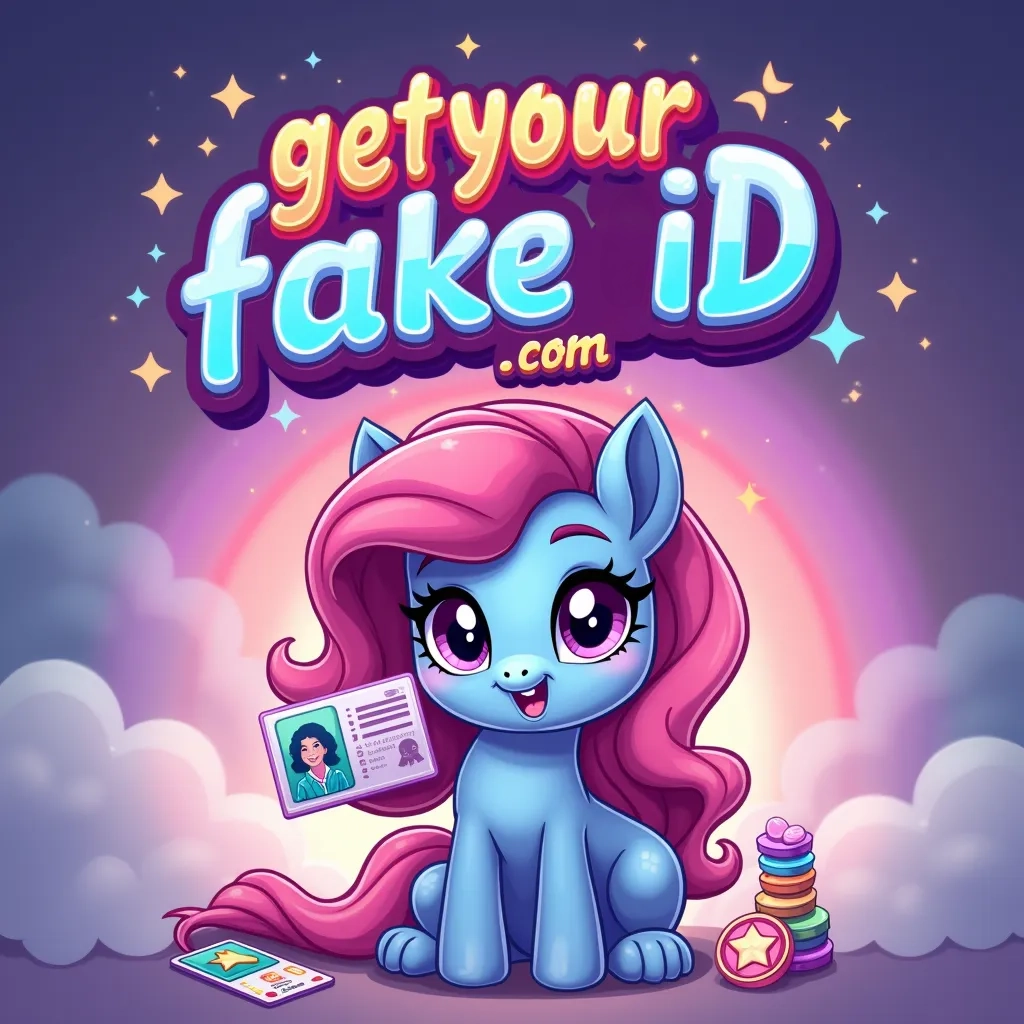The Legal Classification of Fake IDs: What You Need to Know!
In the ever-evolving landscape of identity theft and counterfeiting, understanding the legal classification of fake IDs is crucial. Whether you're a curious individual or someone considering the use of a fake ID, this article will shed light on the legal implications and help you make informed decisions. ✨
What is a Fake ID? 🤔
A fake ID is an identity document that is not issued by an authorized government agency. It is usually created to impersonate someone else or to bypass age restrictions. Fake IDs can range from novelty items to highly sophisticated replicas that are almost indistinguishable from the real thing. 😲
Legal Classification of Fake IDs 📜
The legal classification of fake IDs varies significantly depending on the jurisdiction and the intent behind their use. In many countries, including the United States, fake IDs are classified as a misdemeanor or felony, depending on the circumstances. Here are some common classifications:
1. Misdemeanor 🚩
Typically, possession of a fake ID for personal use, such as underage drinking, is classified as a misdemeanor. This often carries minor penalties, including fines and community service. However, repeat offenses or blatant misuse can elevate the charges. 🚨
2. Felony 🚔
Creating, distributing, or using a fake ID for criminal activities, such as identity theft or fraud, is generally considered a felony. This carries much more severe penalties, including jail time and significant fines. 🔒
3. Federal Offense 🇺🇸
In the United States, creating or distributing large quantities of fake IDs can be prosecuted as a federal offense under the Identity Theft and Assumption Deterrence Act (ITADA). Such charges can lead to federal imprisonment and hefty fines. 💰
The Consequences of Using a Fake ID ⚖️
The repercussions of using a fake ID are not limited to legal penalties. Here are some additional consequences to consider:
1. Criminal Record 📄
A conviction for using or creating a fake ID can result in a permanent criminal record. This can affect future employment opportunities, educational prospects, and even personal relationships. 🔍
2. Loss of Rights 👎
In some cases, individuals convicted of fake ID offenses may lose certain rights, such as the ability to vote or own firearms. These restrictions can last a lifetime and severely impact daily life. 🚫
3. Financial Implications 💸
Legal fees, fines, and potential restitution payments can add up quickly. The financial burden can be overwhelming, especially for young individuals or those with limited resources. 💔
How to Avoid Legal Trouble with Fake IDs 🚫
The best way to avoid legal trouble with fake IDs is to steer clear of them altogether. Here are some tips to help you make the right choices:
1. Be Informed 📚
Educate yourself about the legal implications of fake IDs and the potential consequences. Knowledge is power, and being aware of the risks can help you make better decisions. 🧠
2. Seek Legal Assistance 📞
If you find yourself in legal trouble related to a fake ID, seek the advice of a qualified attorney. They can provide guidance and help mitigate the potential damage. 🕵️♂️
3. Use Alternative Solutions 🥤
If you're underage and want to enjoy certain activities, consider legal alternatives. Many communities offer special events and programs for young people that do not require age verification. 🎉
Remember, the long-term consequences of using a fake ID far outweigh the short-term gains. Stay safe and make responsible choices! 🌟
